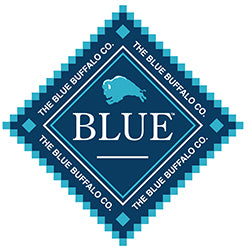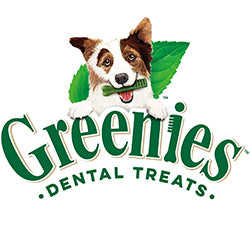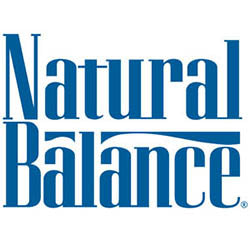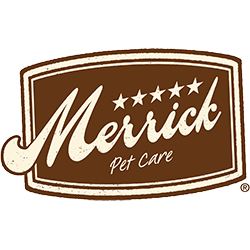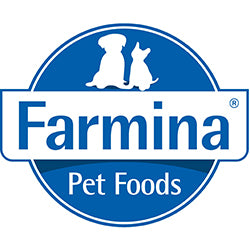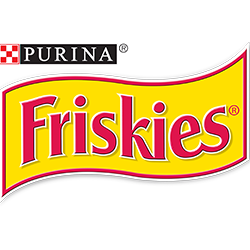
Natural Flea Repellent for Dogs
Natural Flea Repellent for Dogs
Just saying the word "fleas" can send most people into a fit of itching! I know that's what it does to me. Let's discuss these yucky parasites and how to prevent them naturally. This way you will be armed and ready when flea seasons rolls around.
What Are Fleas, Anyway?
Fleas are a type of insect. They look like little, dark brown flecks on your dog, but they move and fast. These things can jump crazy distances and feast themselves on blood. They don't care too much what blood they feast on, human, dog, cat, rabbit, we are all fair game.
Fleas lay their eggs on the host. The eggs then fall off into the environment. Eggs then hatch into larvae and then transform into a pupa. When the pupa becomes an adult flea that is when it will seek out a blood feast. From egg to adult flea takes about 21 days.
How to Know Your Dog Has Fleas:
If you see your dog licking, scratching, and biting himself more than normals odds are good he has fleas. You can do a visual check of your dog. Look in his armpits, on his tummy, and at the base of his tail. If you see small moving brown fleck, it's likely fleas.
You can run a flea comb through your dog's fur too. Try to get the comb as close to your dog's skin as possible. If you find a flea in the flea comb you know your dealing with a flea situation. You can drown any fleas you find in a dish of soapy water.
You may not see any fleas but you might see brown flecks that don't move. If you see these, remove a few and place them on a paper towel. Squirt the brown flecks with water. If the flecks turn reddish they are flea feces. The digested remnants of your dog's blood! Yup, you have flea issues if you find flea poo on your dog.
Conventional Flea Prevention:
Most vets recommend that you keep your dog on a monthly flea preventative medication. Some treatments are oral, some are spot on, and some are sprays. May vets will recommend that you keep your dog on these medications year-round. Even in winter when fleas are dormant.
These conventional treatments generally work, however, they come with some nasty side effects. These treatments are made to damage fleas on a neurological level. If you are using these products on your dog they are also damaging your dog on a neurological level. These effects may manifest themselves as seizures or other neurological issues.
Thankfully these toxic, conventional preventatives are not your only option. There are lots of effective and natural ways to repel fleas. As a bonus, many of these natural preventatives have added health benefits!
Natural Prevention:
We all know that vampires don't like garlic. As it turns out blood-eating fleas don't either! You may have heard that garlic is bad for dogs. It can be if feed in too large of quantities, 1 clove of garlic for every pound of dog is too much. However, I'm not talking about a huge amount. All you need to give your dog to repel fleas in 1/4 of a clove of garlic per 10 pounds of your dog's weight. Start adding fresh, organic, garlic that you chop yourself, to your dog's food about a month before flea season. Garlic has the added benefits of being anti-viral, good for the heart, and antibacterial, to name a few.
Feeding your dog 1/2 tsp per 25 pounds of body weight of apple cider vinegar is another effective repellent. Fleas don't like the taste of apple cider vinegar blood! Apple cider vinegar is also great for your dog's gut health which means it is good for his overall health!
Coconut oil isn't just for cooking. You can use it as a flea repellent! Rubbing a small amount of coconut oil on your hands and then working that into your dog's fur will repel fleas. Coconut oil also helps to soothe itchy flea bites. Coconut oil has loads of added benefits! It is antibacterial, antiviral, antifungal, anti-yeast, it's great for your dog's skin and coat too! You might not want to use this preventative on a white dog or a long-haired dog. Coconut oil tends to attract dirt.
You can also try a raw baltic amber collar. The raw amber creates electrostatic electricity that makes it so that fleas can't hold onto your dog. They just have to fall right off! This electricity does no damage to your dog.
Conclusion:
Natural methods are the best methods to prevent a flea infestation on your dog. Conventional methods may work, but they also do massive damage to your dog's health. Choose the natural way, your dog will be happier and healthier for it!
If you like what you see, feel free to comment! We'd love to hear from you!
- Choosing a selection results in a full page refresh.

